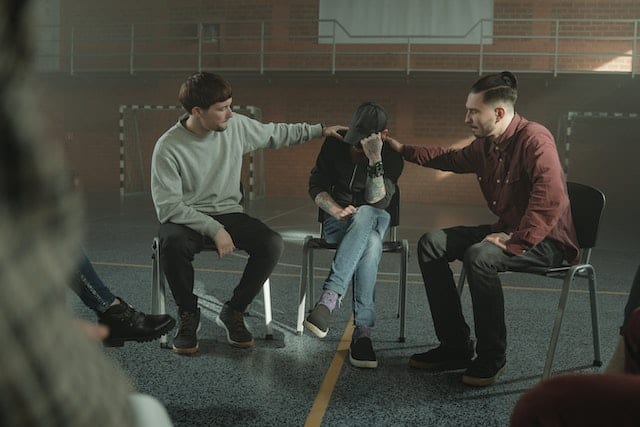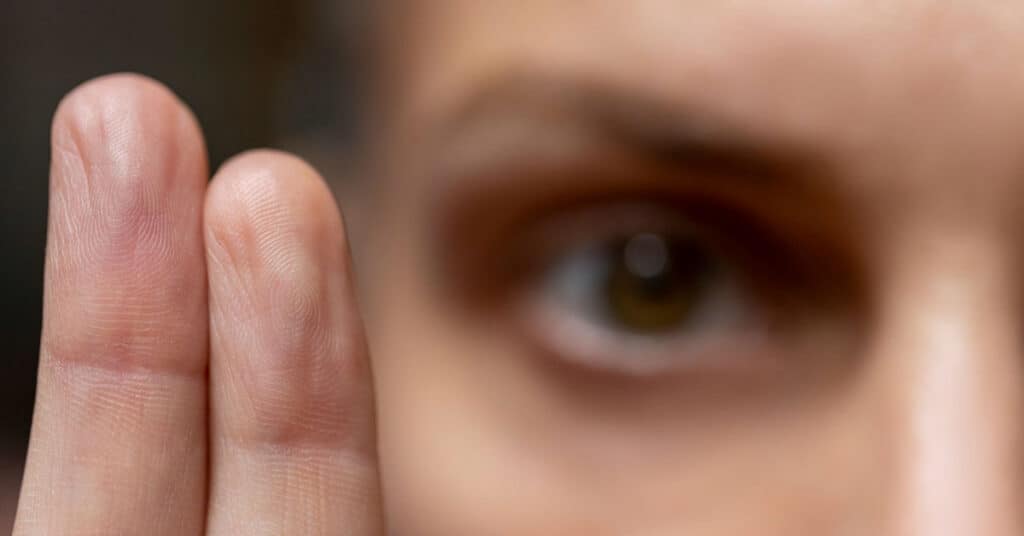
Psychotherapy in Treating Addiction
Psychotherapy serves as the cornerstone of modern addiction treatments. While physical detoxification addresses dependency, psychotherapy is pivotal in tackling addiction’s psychological roots, proving effective in countless cases.
Understanding Psychotherapy in Addiction Treatment
Psychotherapy delves into the root causes of addiction, often stemming from psychological issues or traumas that must be overcome for lasting abstinence. Superficial remedies for addiction, like addressing physical dependency alone, may not resolve deeper problems, potentially leading to relapses, which are part of the recovery process.
Why Psychotherapy?
Exploring the issues behind addiction in psychotherapy can heal rather than merely address symptoms. This approach boasts higher success rates than others, offering diverse therapy models for individualized treatment.
What Happens During Psychotherapy?
Therapy can be one-on-one or group-based, where patients work with therapists to explore deep-seated issues and develop coping mechanisms. Honesty and openness are pivotal in this process.
Through psychotherapy sessions, people can gain insight into their own thought patterns to make informed decisions when faced with potential triggers in the future.
When to Use Psychotherapy?
Considering psychotherapy? It’s valuable for anyone grappling with life’s complexities. Olympic Addiction Treatment Center provides psychotherapy services tailored for adults and children, be it individual, couples, or family therapy.
It’s a beneficial addition to your treatment regimen, especially for mental health conditions like
- Anxiety,
- Depression,
- Bipolar disorder,
- Eating disorders, and
- Substance abuse.
Beyond that, it’s effective for stress reduction, coping with life changes, insomnia, and managing anger issues.

What to Expect in Psychotherapy for Addiction Treatment?
- Initial Examination: During your initial psychotherapy session at Olympic Addiction Treatment Center, the providers delve into your health, relationships, lifestyle, and more.
- Talk Therapy: Throughout subsequent sessions, your therapist facilitates discussions about your thoughts and emotions, offering support when intense feelings surface.
- Recommended Practices: They create a safe, confidential space for you to express yourself freely. Your therapist might suggest practices to try at home, aiding in altering thought patterns and managing life’s pressures.
Sessions typically run for an hour, and the frequency depends on your specific needs. Whether short-term or ongoing, therapy’s duration varies. To schedule a session, contact Olympic Behavioral Health or book an appointment online today.
During sessions, you may discuss family dynamics, career goals, and lifestyle changes that could help alleviate your symptoms.
Effectiveness of Psychotherapy
The effectiveness of therapy relies on your willingness to engage. It’s not a cure-all but an essential component within a comprehensive addiction treatment program.
The Role of Counselling in Psychotherapy
Counseling involves listening and advising in challenging situations, including addiction. While counseling might be part of psychotherapy, therapists focus on understanding various issues and developing coping strategies. You might choose to engage in counselling alongside therapy sessions but note that therapists are not necessarily counsellors.
The time spent in psychotherapy depends on your individual situation and objectives.

Does Psychotherapy work for drug and alcohol addiction treatment?
Yes, psychotherapy can be an effective treatment for drug and alcohol addiction. It works by helping the person identify any underlying psychological issues that may have led to or contributed to their substance abuse and providing strategies and techniques to support recovery. Psychotherapists can also provide skills-based training to help individuals build healthier relationships and improve coping mechanisms. Psychotherapy can help people learn how to develop healthier behavioral patterns and overcome the psychological pain that often underlies addiction. Ultimately, psychotherapy can be an invaluable tool in assisting individuals to achieve long-term recovery from substance abuse.
Research has shown that psychotherapy can be beneficial in treating substance addictions and co-occurring disorders such as anxiety, depression, and eating disorders.

Continue Psychotherapy at a PHP or IOP
Following the completion of an inpatient program for mental health or substance abuse, continuing care with a Partial Hospitalization Program (PHP) or Intensive Outpatient Program (IOP) is essential to ensure long-term recovery and well-being.
Here are five reasons why it is vital to continue psychotherapy after rehab:
- Ensuring Accountability and Structure: Through continued therapy sessions within PHP and IOP programs, individuals can maintain personal accountability through their structured support system.
- Developing Life Skills: Long-term success requires developing new coping skills that may be worked on during PHP and IOP programs outside one’s natural environment, such as those found at home or in work settings where triggers often exist.
- Building Community Support Network: Through attendance at group therapy sessions available during many PHP/IOP programs, individuals can develop meaningful connections with peers who have gone through similar experiences or share common issues related to addiction or mental illness, which helps build a strong community support network for recovery maintenance in the future.
- Supportive Environment: Connecting with peers on a similar journey can help reduce feelings of isolation and loneliness for individuals recovering from substance use or mental health-related issues. Developing meaningful relationships with peers and clinicians can help provide a sense of community, leading to increased acceptance.
- Improved Quality of Life: By attending PHP/IOP programs, individuals can start rebuilding their lives in healthy and productive ways. Working with professionals on treatment goals helps individuals acquire new skills that enable them to live more meaningful and fulfilling lives. This can result in better communication, improved relationships with family and friends, increased career satisfaction, and more.
PHP/IOP at Olympic Behavioral Health
Continuing psychotherapy in Partial Hospitalization Program (PHP) and Intensive Outpatient Program (IOP) after detox and inpatient addiction treatment is essential to successful recovery. These programs provide a continuum of care, allowing individuals to transition between different levels of care depending on their needs.
In PHP, clients receive individual and group therapy up to 6 hours per day, 3-5 days per week, to work on issues that may have contributed to their addiction.
This allows them to gain deeper insight into the underlying causes of their addiction and address any associated mental health issues. The structure provided by this type of program can also be invaluable for helping clients stay in recovery as they learn new skills for managing their emotions and impulses.
IOP offers more flexibility than PHP but still supports those in recovery, with individual and group sessions typically held 2-3 days per week for 3 hours daily.
This type of care encourages people to take responsibility for their recovery by integrating therapies into their daily lives outside of treatment. Additionally, IOP emphasizes relapse prevention, teaching individuals how to recognize high-risk situations that could lead to a relapse and how they can better manage such triggers or cravings.
Given the importance of continuing psychotherapy after detox or residential treatment when recovering from addiction, these two programs – PHP and IOP – are essential to providing comprehensive care during this critical time. They offer additional structure and support while allowing individuals to work towards long-term sobriety at their own pace, which is crucial for ensuring success throughout the process.





